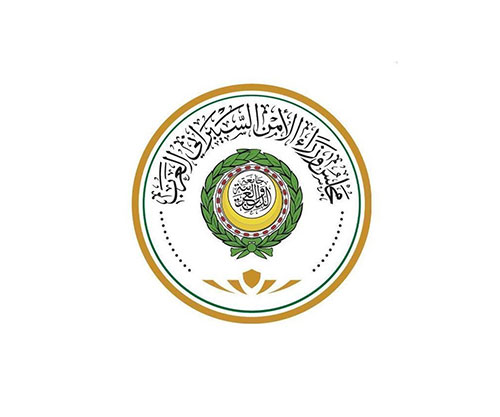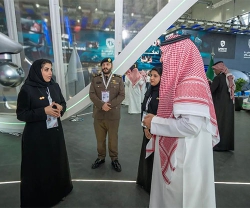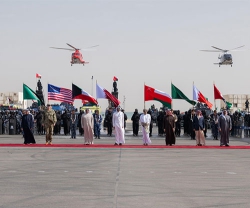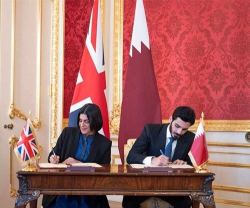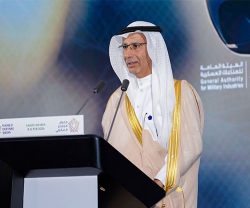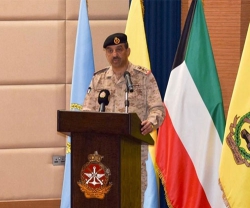The Arab Cybersecurity Ministers Council convened its second ordinary session Tuesday in Riyadh, chaired by Saudi Arabia, represented by Majed bin Mohammed Al-Mazyed, Governor of the National Cybersecurity Authority, with participation from Arab Ministers and heads of cybersecurity authorities.
During the opening, Al-Mazyed stressed that geopolitical, economic, and developmental developments, alongside rapid technological transformations, place cybersecurity at the forefront of strategic priorities for Arab states, aiming to safeguard shared Arab security, protect national economies, and establish a secure and trustworthy Arab cyberspace that supports development, prosperity, and stability.
Ali bin Ibrahim Al-Maliki, Assistant Secretary-General and Head of the Economic Affairs Sector at the Arab League, highlighted that insufficient investment in cybersecurity remains a major challenge in the Arab region, particularly given the rise in cyberattacks over the past two years amid regional instability and conflicts. He emphasized that cybersecurity must be a priority for governments, industrial institutions, and companies of all sizes.
Ibrahim bin Saleh Al-Furaih, Secretary-General of the Council, affirmed the Secretariat’s commitment to enhancing Arab cooperation and integration in this vital sector, continuing efforts to achieve the Council’s objectives in close collaboration with member states.
The Council members reviewed several working papers submitted by member states and adopted several decisions, most notably: approving the draft Arab Cybersecurity Strategy; agreeing to the Council’s accession to the UN Convention on Cybercrime; joining key international organizations and entities; coordinating shared Arab data on cybersecurity through the Council; and adopting mechanisms and procedures for granting observer status to international organizations and similar entities.
The Council also discussed the latest developments in cybersecurity at the security, economic, and development levels, aiming to enhance cybersecurity at the Arab regional level.
The Arab Cybersecurity Ministers Council, comprising Arab Ministers responsible for cybersecurity, operates under the Arab League Council framework. It is tasked with setting public policies, establishing strategies and priorities to advance Arab joint action in the field, and addressing security, economic, developmental, and legislative developments.

